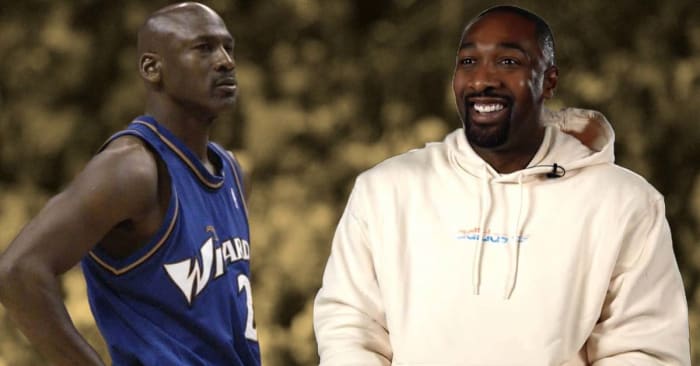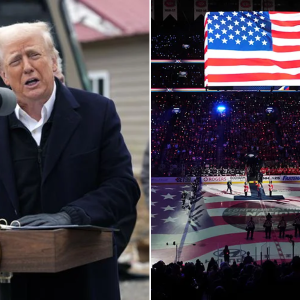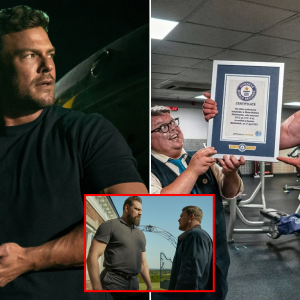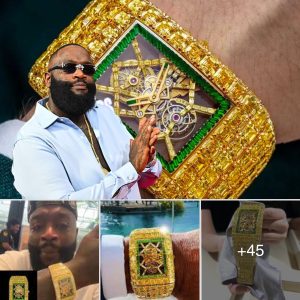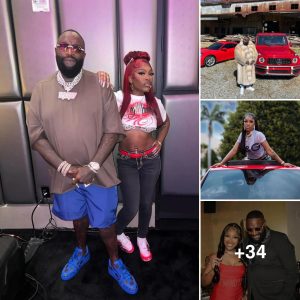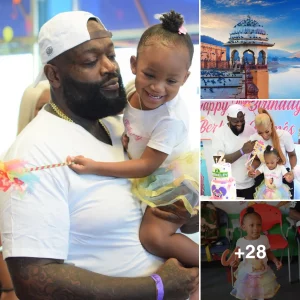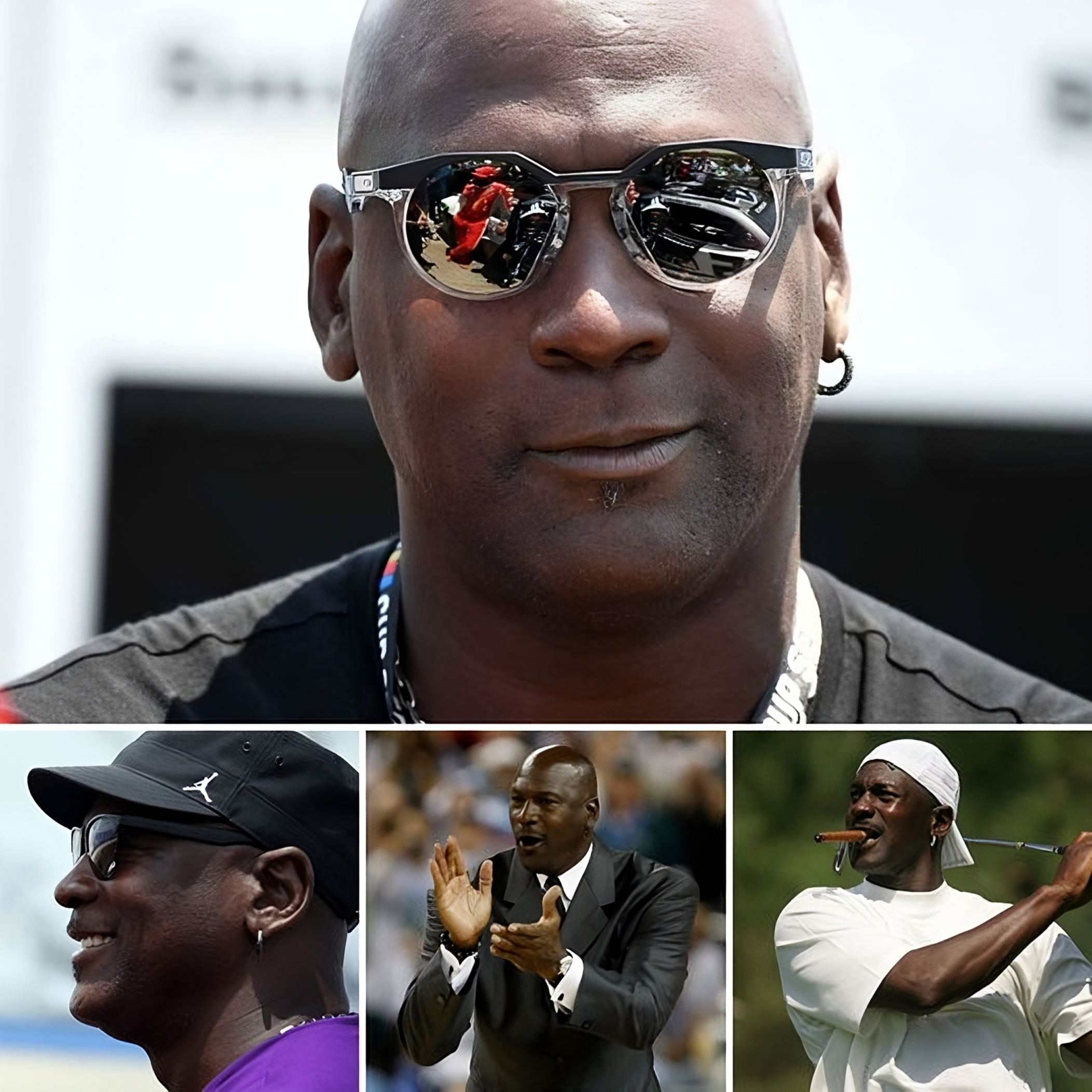
In 2000, Michael Jordan joined the Wizards’ front office as president of basketball operations and part-owner. Twenty-one months later, at 38, he signed a two-year deal to join the Wizards as a player. But by 2003, both of his tenures in Washington were over.
“Michael Jordan had to go”
Abe Pollin, the team’s majority owner, knew the decision would be unpopular. But after three and a half seasons of MJ essentially running the basketball side of the organization, including the two as a player, Pollin was left with no choice; Michael Jordan had to go.
“It was an atmosphere on edge,” he said. “It was not a healthy atmosphere to produce a happy organization or a winning team. I could sense the sense of unhappiness, the sense of even maybe a little dissension in the whole organization. I sensed that it was a bad situation.”
But Pollin wasn’t the only one who didn’t want MJ back. According to Gilbert Arenas, whose negotiations with the Wizards overlapped with Jordan’s; the whole locker room was also against his return.
When I went there that was one of my questions. My dad’s question like ‘Hey, what’s up with the Jordan thing? Why didn’t you sign him back?’. And Abe Pollin was like ‘I love basketball, I love the players. So, I asked the players what did they want. The players said they didn’t want Jordan back.’
Gilbert Arenas, Vlad TV
Jordan Threw Away a $10M Check from the Wizards
Even nearing 40, Jordan didn’t change. He was still tough on his teammates, demanding excellence and settling for nothing less. But unlike his run in Chicago, when he led the Bulls to six NBA championships, his leadership in Washington didn’t translate to wins. Therefore, all the jerklike behavior wasn’t worth dealing with.
“You’re talking about MJ still. Mental MJ, too,” Arenas said. “The Last Dance MJ. The mentality. Those young kids wasn’t ready for. They’re looking at this icon who becomes this bad guy to them.”
Although being the locker room nuisance, MJ could still play — he averaged 20 points, 6.1 rebounds, and 3.8 assists during his last season with the Wizards. But he never showed any competence running the team. Even though Rod Higgins was formally in charge once MJ returned to play, everyone knew No.23 was the one calling the shots. However, MJ’s attempts at instantly turning the Wizards into a contender failed. By the time his playing career was over, Jordan’s signed-off moves such as hiring Doug Collins, drafting Kwame Brown, or trading Rip Hamilton proved unsuccessful.
So when it was time to formally re-hire Jordan as president of the Wizards’ basketball operations — something everyone thought was a lock following MJ’s farewell season — Pollin decided against it. Instead, he wrote him a $10 million compensatory cheque, which, according to Arenas, MJ refused to take.
I wrote MJ a cheque, $10 million and thank you for your services. MJ threw that cheque and said ‘f*ck off’.
Gilbert Arenas, Vlad TV
Pollin was under no NBA-legal obligation to give MJ his old gig back, and he did what he thought was best for the Wizards. But there was no way Jordan was going to take his guilt money. Because Michael didn’t care about the finances — he wanted the chance to run the team. No money could’ve compensated for one being taken away from him.
